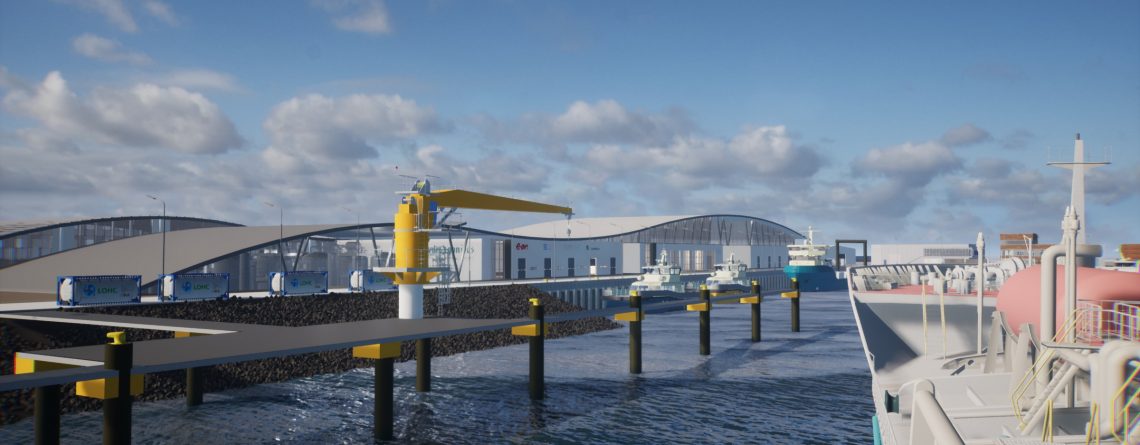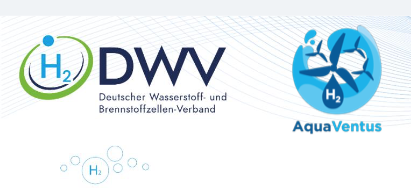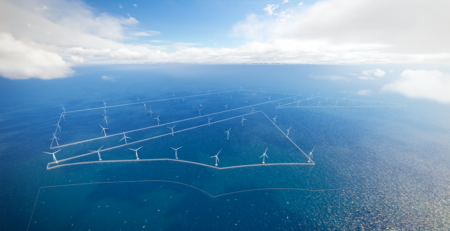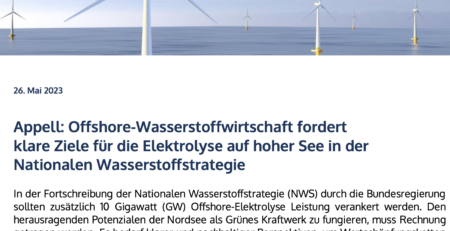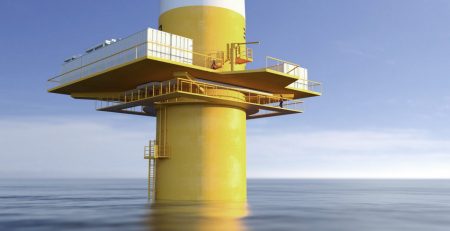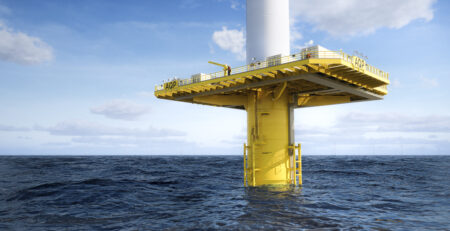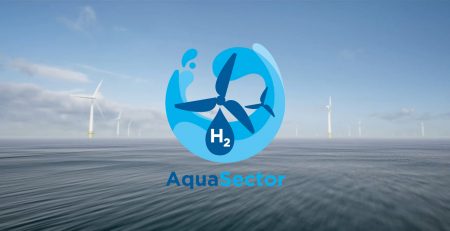Helgoland/ Essen/ Hamburg/ Quickborn/ Erlangen – As part of the AquaVentus initiative, the AquaPortus sub-project is being launched on Helgoland. The long-term goal here is to completely decarbonize the North Sea island, ensure maritime transport of the green hydrogen produced in the North Sea to the mainland via the carrier oil LOHC (liquid organic hydrogen carrier), and supply the end users on the mainland with hydrogen. To this end, the municipality of Helgoland, HanseWerk AG, Versorgungsbetriebe Helgoland GmbH, E.ON, Hamburger Hafen und Logistik AG, Hydrogenious LOHC Technologies and Tewis Projektmanagement GmbH today signed a memorandum of understanding on cooperation in the AquaPortus project.
AquaPortus is dedicated to the gradual expansion of the port facilities in the outer harbor of the island of Helgoland into a central hydrogen hub in the North Sea and onward transport to hydrogen consumers, particularly in Hamburg. This also includes the development of a LOHC infrastructure to temporarily store and further transport the hydrogen volumes generated by the AquaPrimus project. At the same time, the island heat supply will be converted from fuel oil to CO2-neutral LOHC waste heat.
The geographically favorably located island is to serve as a hub for a Europe-wide and transnational H2 pipeline network. This will include the first hydrogen-powered dune ferries and service vessels for the existing offshore wind farms off Helgoland. The LOHC produced is shipped via the Port of Hamburg to users in the German North Sea Coast region for further use. To make the LOHC supply chain complete, a dehydrogenation plant for recovering the hydrogen, including tank storage, is to be built at a suitable location in the Port of Hamburg. From there, various customers in local industry as well as mobility applications will be supplied with the green hydrogen produced from the LOHC.
In the long term, the logistics chain is to be further developed. The rail network will be used to distribute the hydrogen-laden carrier oil to other locations in Germany and Eastern Europe in an economically viable manner, where the hydrogen can be released again locally. In addition to the Port of Hamburg, the goal is to distribute the LOHC to industrial customers or mobility customers who can be supplied directly with LOHC and convert it to hydrogen on site.
Hydrogenious LOHC Technologies brings its “Liquid Organic Hydrogen Carrier” (LOHC) solutions to bear for the benefit of a secure green island energy supply as well as multiple application areas. Hamburger Hafen und Logistik AG and E.ON are planning to distribute and use the LOHC on the mainland. The municipality of Helgoland and Versorgungsbetriebe Helgoland GmbH, in cooperation with HanseWerk AG, are planning the local applications on Helgoland and the associated conversion of the heating infrastructure on the island. The project is managed and coordinated by the office of Tewis Projektmanagement GmbH.
About AquaVentus
The project family around the AquaVentus initiative includes numerous sub-projects along the value chain from the production of hydrogen in the North Sea to its transport to customers on the mainland. These coordinated consortia synchronize demand and generation, enabling a rapid market ramp-up. The AquaVentus project family includes, for example: the development of offshore wind turbines with integrated hydrogen production (AquaPrimus), a large-scale offshore hydrogen park (AquaSector), a central offtake pipeline (AquaDuctus), port infrastructures and transport chains (AquaPortus), maritime hydrogen-based applications (AquaNavis), and a research platform (AquaCampus).


